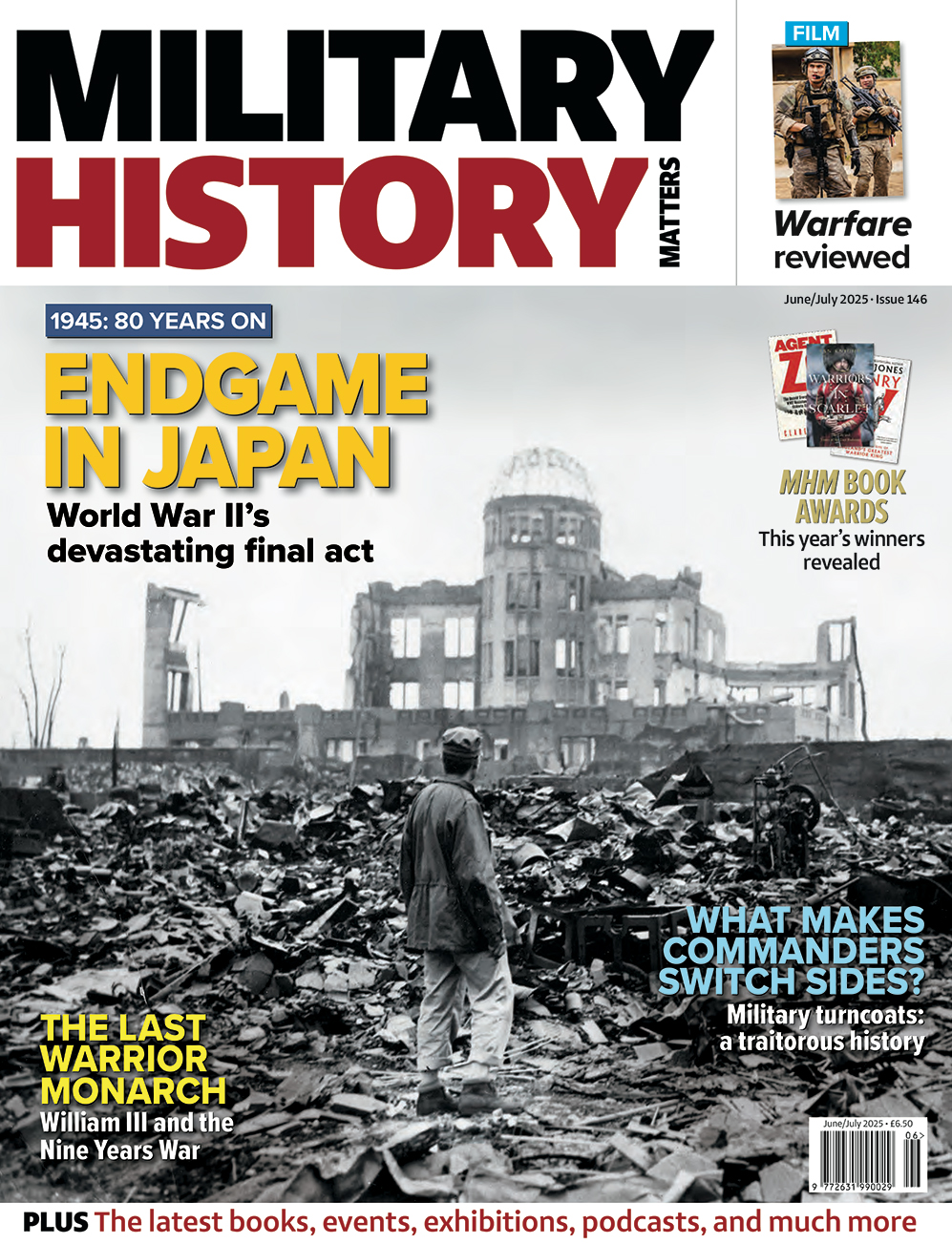Eighty years ago this summer, the greatest conflict in human history came finally to an end, with the dropping of the atomic bombs on Hiroshima and Nagasaki on 6 and 9 August 1945, and the subsequent unconditional surrender of Japan.
Debate has raged ever since as to whether America was right to make use of its devastating new weapon of war, or whether Japan would eventually have surrendered anyway under the extraordinary pressure of the existing Allied aerial-bombing campaign.
In our cover story, Taylor Downing looks at both sides of the argument, as he tells the story of the dramatic few months in which the Second World War ended and the Atomic Age began. In a companion piece, David Porter then examines what would have happened if Japan’s government had continued to hold out.
Elsewhere, in a special feature for this issue, Graham Goodlad surveys the career of William III – perhaps better known as William of Orange – the Dutch-born prince who became King of England as a result of the relatively bloodless Glorious Revolution, but who then faced a bitter fight to keep his crown.
Also in this issue: Nigel Jones begins a compelling new three-part study of military turncoats by looking at shifting allegiances in English civil conflicts, from Warwick the Kingmaker in the Wars of the Roses to Sir John Hotham in the English Civil War; while Fred Chiaventone concludes his brilliant series on the American Civil War by considering the role played by new weapons and technology brought in by the Industrial Revolution.
And finally, it’s that time of year again: the ballots have been cast, you have had your say, and we are very pleased once again to announce (on p.60) the winners of the coveted Gold, Silver, and Bronze prizes in this year’s Military History Matters Book Awards.

